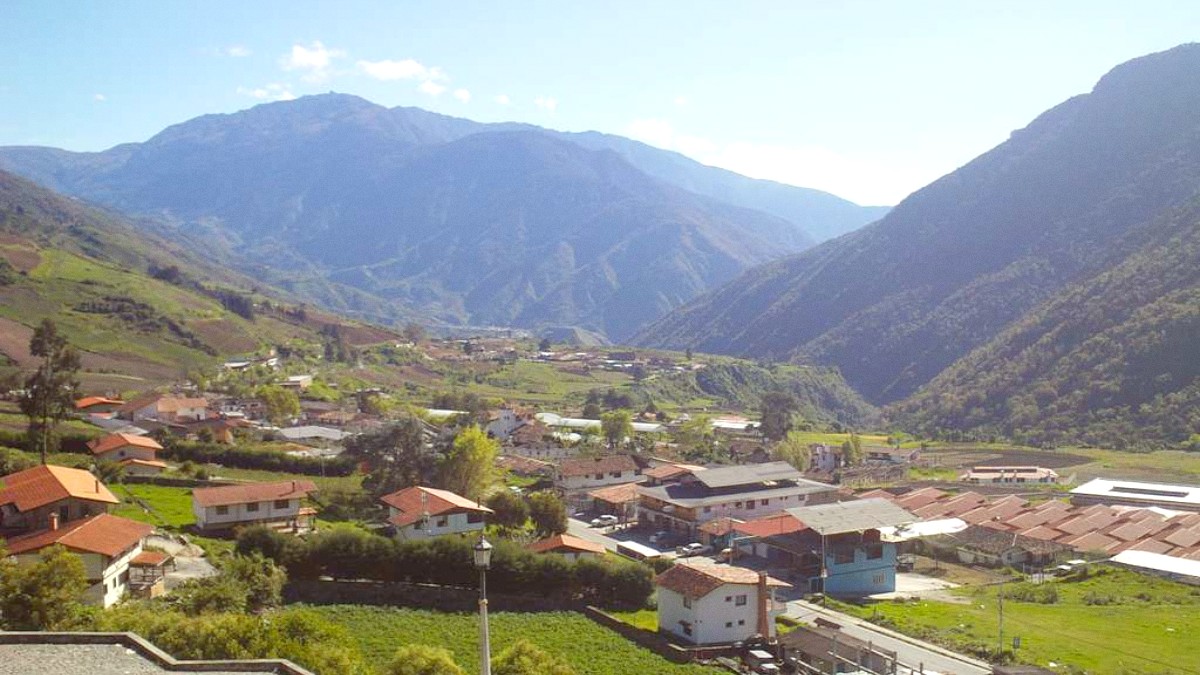
Dominican Republic
Claro and Altice are the two main mobile network providers in the Dominican Republic. You can purchase SIM cards at the airport or from official provider stores in major commercial areas. Your passport is necessary for registration.
Most hotels, from budget to luxury, offer free Wi-Fi. Many cafes and restaurants also provide free Wi-Fi to customers.
Spanish is the official language. Staff in major hotels, upscale restaurants, and many tour guides in the Colonial Zone speak English, but outside these areas, English proficiency is limited.
Shake hands with new acquaintances for formal greetings. Use `usted` for formal address, especially with elders or those in positions of authority. Friends and family often greet with a kiss on the cheek.
A smooth financial experience is a good travel companion. Here is information on local currency, banking, and payment methods.
The local currency is the Dominican Peso (DOP), symbolized as RD$. It is advisable to carry some small denominations for local markets, street vendors, and public transport.
ATMs are widely available in Santo Domingo, specifically in commercial areas and shopping malls. Fees may apply for withdrawals from foreign cards. For security, use ATMs located inside bank branches.
Major credit cards (Visa, MasterCard, American Express) are widely accepted in hotels, larger restaurants, and upscale shops. Smaller local businesses may accept cash only.
Tipping is standard practice in the Dominican Republic, especially in tourist-focused services.
Santo Domingo is generally affordable compared to many Western capitals, but costs can vary widely based on your travel style.
For currency exchange, consider exchanging a small amount at the airport for immediate needs, then seek better rates at banks or authorized exchange houses in the city.
Interacting with locals can be more rewarding when local customs are considered.
Dress casually for daily wear, but consider modesty for certain settings.
Always ask permission before taking photos of individuals, especially children. A simple `¿Puedo tomar una foto?` (Can I take a photo?) is polite and appreciated.
Approach discussions on certain subjects with caution, if at all.
Dominican society can be traditional. `Machismo` (male chauvinism) persists, though less overt in modern city areas.
If you wish to donate, consider reputable local charities or non-governmental organizations (NGOs) that work on community development, education, or environmental protection.
When interacting with locals, a friendly demeanor and an attempt to speak Spanish, even if basic, are highly appreciated. Dominicans are generally warm and patient.
Travelers with mobility challenges or other special needs may find Santo Domingo's infrastructure limiting.
Santo Domingo's infrastructure, especially in the historic Colonial Zone, presents significant challenges for wheelchair users or those with mobility impairments.
Newer developments and specific services offer improved accessibility.
Specialized services for travelers with visual or hearing impairments are limited.
Specific resources for accessible travel in Santo Domingo are not widely advertised for tourists.
Contact hotels or tour operators to confirm accessibility prior to booking. This can prevent unforeseen difficulties during your stay.